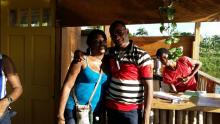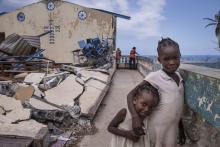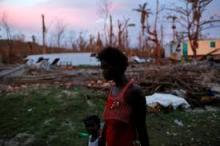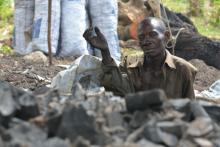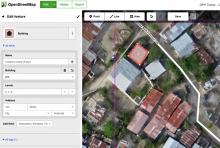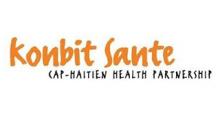Kiskeya Guest House Now Offering Cultural Tours
Haiti can be a rewarding but challenging tourism destination. Having an organization to help with logistics and orientation during the first visit can be helpful. The Kiskeya Guest House in Leogane, in addition to offering a nice place to stay outside of Port au Prince, now offers tours that celebrate Haiti's cultural traditions with an emphasis on Port au Prince, Jacmel and Cap Haitien. Haitian anthropologist Jean-Yves Blot an Professor Erold Saint-Louis will lead the various trips and Haitian Creole immersion programs. The agenda for their "Cultural and Mystical Haiti" tour follows. Note: The Kiskeya Guest House is associated with Kiskeya Aqua Ferme, a community initiative devoted to raising tilapia and growing cassava, hot peppers, and sweet potatos.



